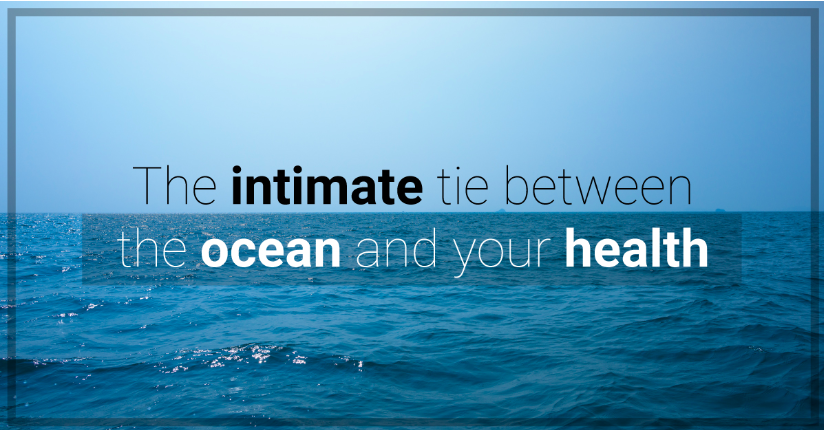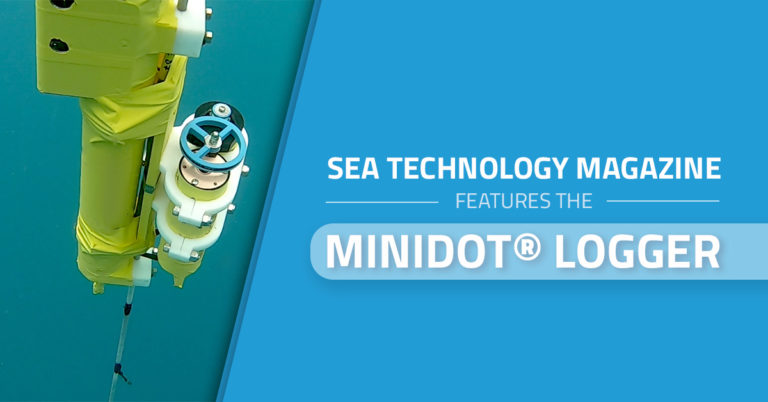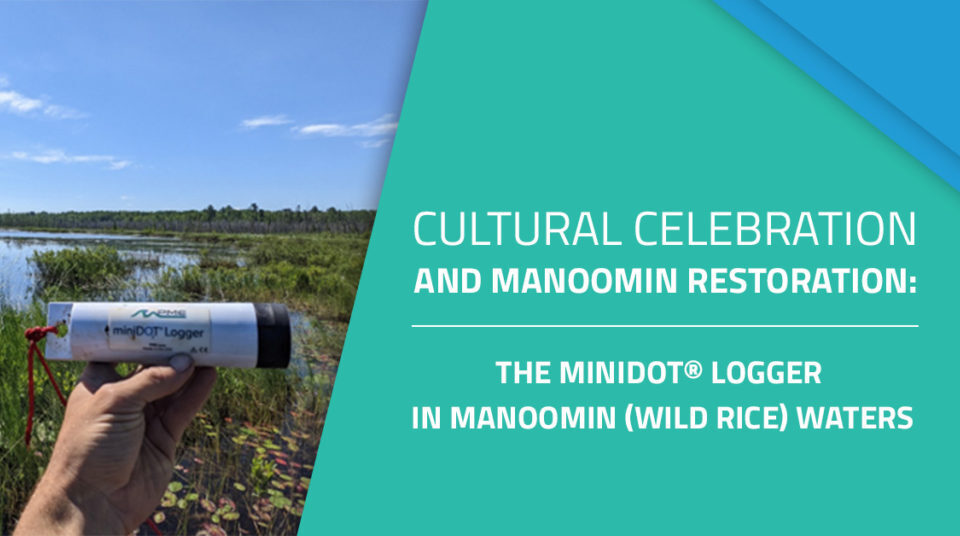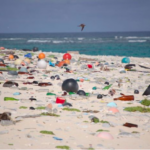
The Hidden Impacts of Marine Microplastic Pollution
October 10, 2017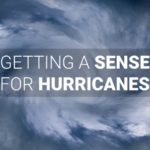
Getting a Sense for Hurricanes
March 22, 2018If you find yourself wondering how the ocean’s health impacts yours, a better question to ask yourself might be, how does it not directly affect your own?
Although a large percentage of the human population lives within close proximity to the ocean, you don’t have to live in a coastal area to be affected by the ocean’s health. Whether you love to eat seafood, your favorite vacation destination is located at the beach, or you’re interested in the overall well-being of the economy, everyone has a tie to the ocean in some way.
With the ocean covering 70% of the Earth’s surface, it is so much more than just a food source. Beneath the surface, an array of useful resources used for modern medicine can be found. The beach acts as not only a vacation destination but an economic stimulant as well, with nearly 3 million people employed by businesses relying on the ocean. Not to mention, the ocean regulates our climate, therefore, dictating weather patterns. All very important factors that impact human health in some way.
In the past, the focal point has been on the negative impact humans have on the ocean. That story, although still true, has recently taken on a new twist to focus on the direct correlation between the ocean and its impact on human health.
Health problems caused by pollution
Beach closures, due to polluted waters or harmful airborne bacteria, are becoming more popular occurrences. For humans, we can choose to stay away and avoid direct contact with polluted waters; unfortunately, for other mammals and marine life, that’s their home. This becomes harmful to human health when we consume seafood that has been contaminated by toxins and other pollutants.
The National Institute of Environmental Health Sciences, along with National Science Foundation are working on techniques to detect harmful algal blooms quickly and accurately in hopes of preventing exposure to these toxins. Preventative measures will only help to protect human health along with the ocean, its inhabitants, and all the valuable resources it has to offer.
The human cures found within coral reefs
When you think about the ocean and the products you consume that come from it, medications probably don’t come to mind. Some of the most commonly used medicines, including allergy medication, are developed using resources found within coral reefs. Allergies aren’t the only ailment that can be treated in this submerged pharmacy.
Asthma and other inflammatory conditions are treated with an enzyme that also protects corals from disease. In addition, organisms used to fight cancer and reduce pain along with molecules with anti-viral, anti-tumor and antibacterial properties, are also found here; making the ocean an integral part of our health.
With much of the ocean yet to be explored, it’s important to continue discovering new ways in which we can utilize the resources it has to offer. In turn, it is just as vital to consciously protect these valuable resources from pollution and climate change as they offer so many benefits, some surely yet to be discovered, to human health.
Data will help us better understand the ocean’s impact on human health
PME is dedicated to providing quality data loggers to help better understand the ever-changing environment. PME’s, miniPAR logger, gathers photosynthetically active radiation (PAR) data to assist researchers studying algae blooms.



